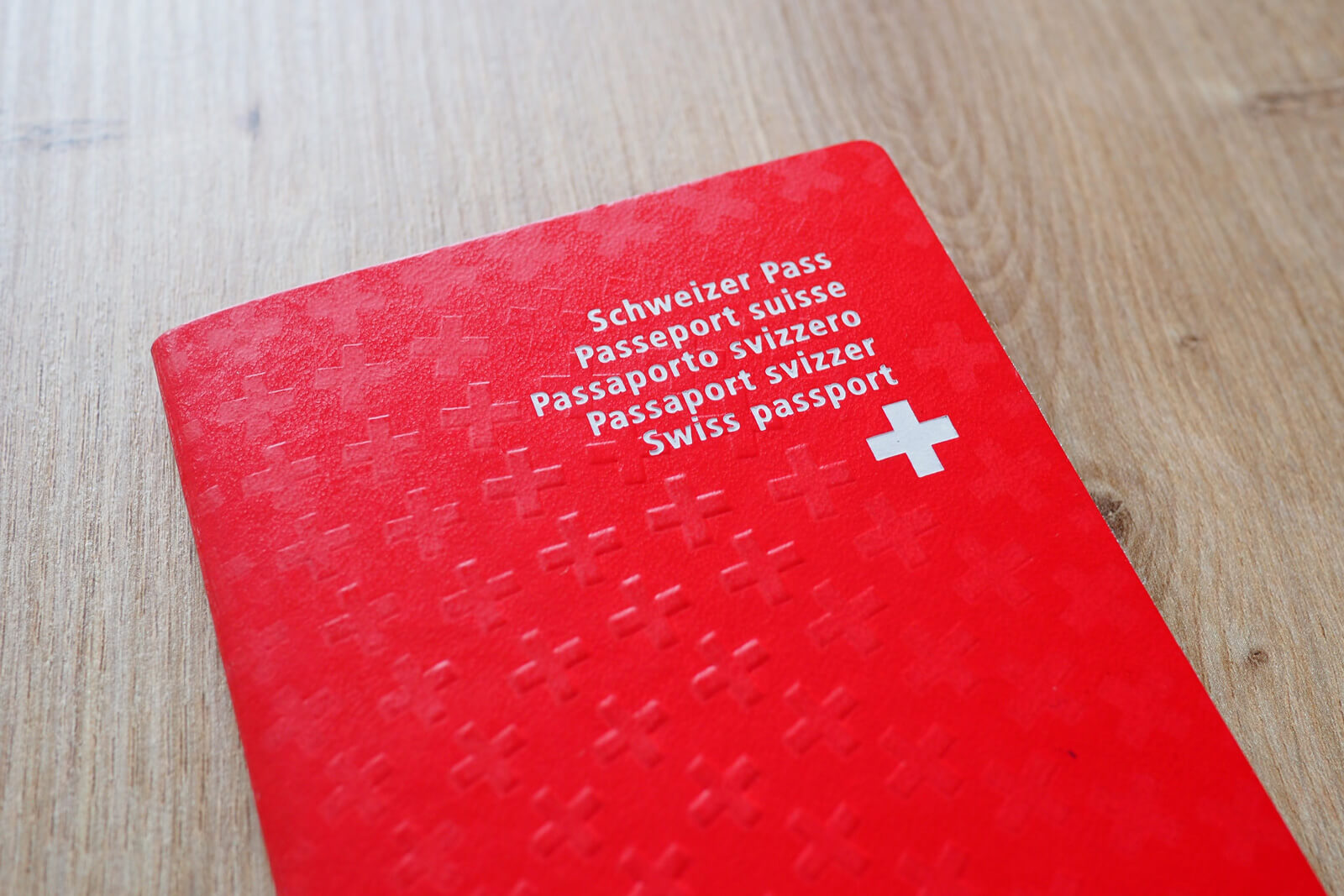
Learning the language spoken in Switzerland? Hold my beer! This could be a bold statement for anyone new to Switzerland.
A mysterious smile appears on Switzerland's face. A challenge for immigrants and locals alike, Switzerland has not one but four official languages: German, French, Italian, and Romansh. In one of the most multilingual European countries, communication gets complex quickly.
What’s the Language Spoken in Switzerland?
The geographic location of Switzerland in the heart of Europe allows for four official languages:
- Swiss German: about 63 percent of the Swiss population speaks this dialect
- French: 23 percent
- Italian: 8 percent
- Romansh: less than 1 percent
- English: the unofficial fifth language of Switzerland
However, only a few Swiss speak all four languages.
In most cases, the Swiss speak the language of the home region, learn another national language of Switzerland at school, and acquire English as a foreign language.
Some of the cantons are multilingual. In the cities of Biel/Bienne and Freiburg/Fribourg, it comes to a point where the official city names include two versions - in German and French. There, it is not uncommon to spot street signs written in both languages.
Why Are There Four Languages in Switzerland?
Switzerland's diverse ethnic groups have historically preserved their unique cultures and languages due to the country's decentralized government. This has safeguarded centuries-old dialects, particularly in remote mountain valleys.
The country's linguistic diversity traces back to the Helvetians and Rhaetians, who spoke Celtic and Latin respectively, evolving into modern-day Romansh. Romansh itself is a Romance language that developed specifically from the Latin spoken by Roman soldiers during the Roman Empire.
Beyond Romansh, the Gallo-Roman culture, Franks, Lombards, and Burgundians influenced Switzerland's French and Italian languages. Meanwhile, the Alemanni tribe's migration led to the Swiss German dialect.
During the Middle Ages, German-speaking people migrated into Switzerland from the north and east. This pivotal movement introduced the German language to the region. Over time, the language evolved into several distinct dialects, with Swiss German emerging as the version spoken today.
This migration and linguistic evolution illustrate how the Alemanni tribe's influence melded with existing languages and cultures, shaping Switzerland's unique linguistic landscape.
Today, Switzerland officially recognizes German, French, Italian, and Romansh as national languages, protected by law. Quadrilingualism is a key part of Swiss identity. It exists alongside a decentralized political system. This system has successfully integrated a diverse population with multiple ethnicities and languages.
What Are the Official Languages of Switzerland?
German, French, Italian, and Romansh are all official languages in Switzerland. This means official records and federal documents must be written in German, French, and Italian.
This includes banknotes such as this (now outdated) 100 franc bill:
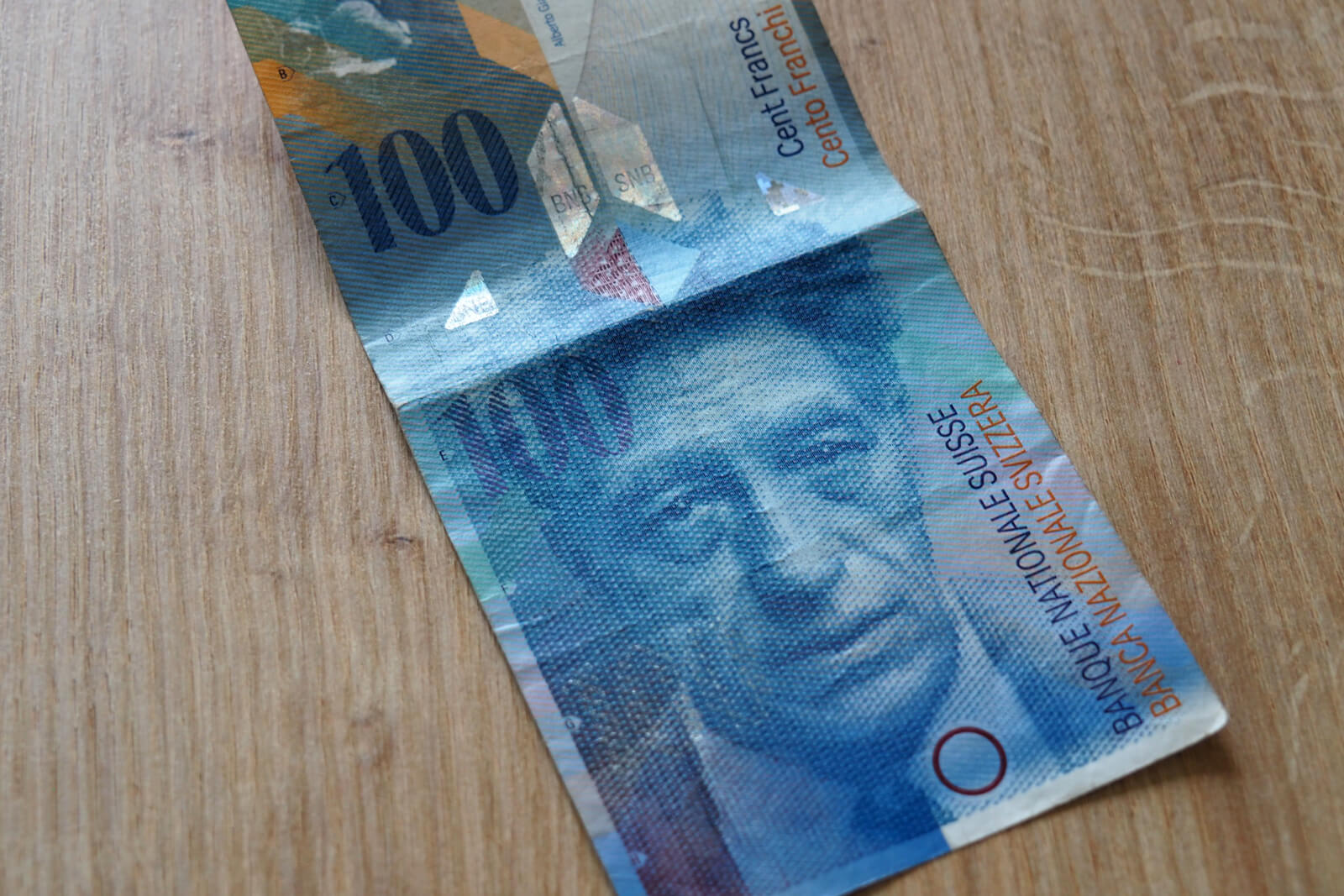
Even product labels must be translated into at least one or all national languages of Switzerland. This helps protect the linguistic freedom of the local native speakers.
For instance, Swiss military chocolate bars are labeled in all four official languages of Switzerland:
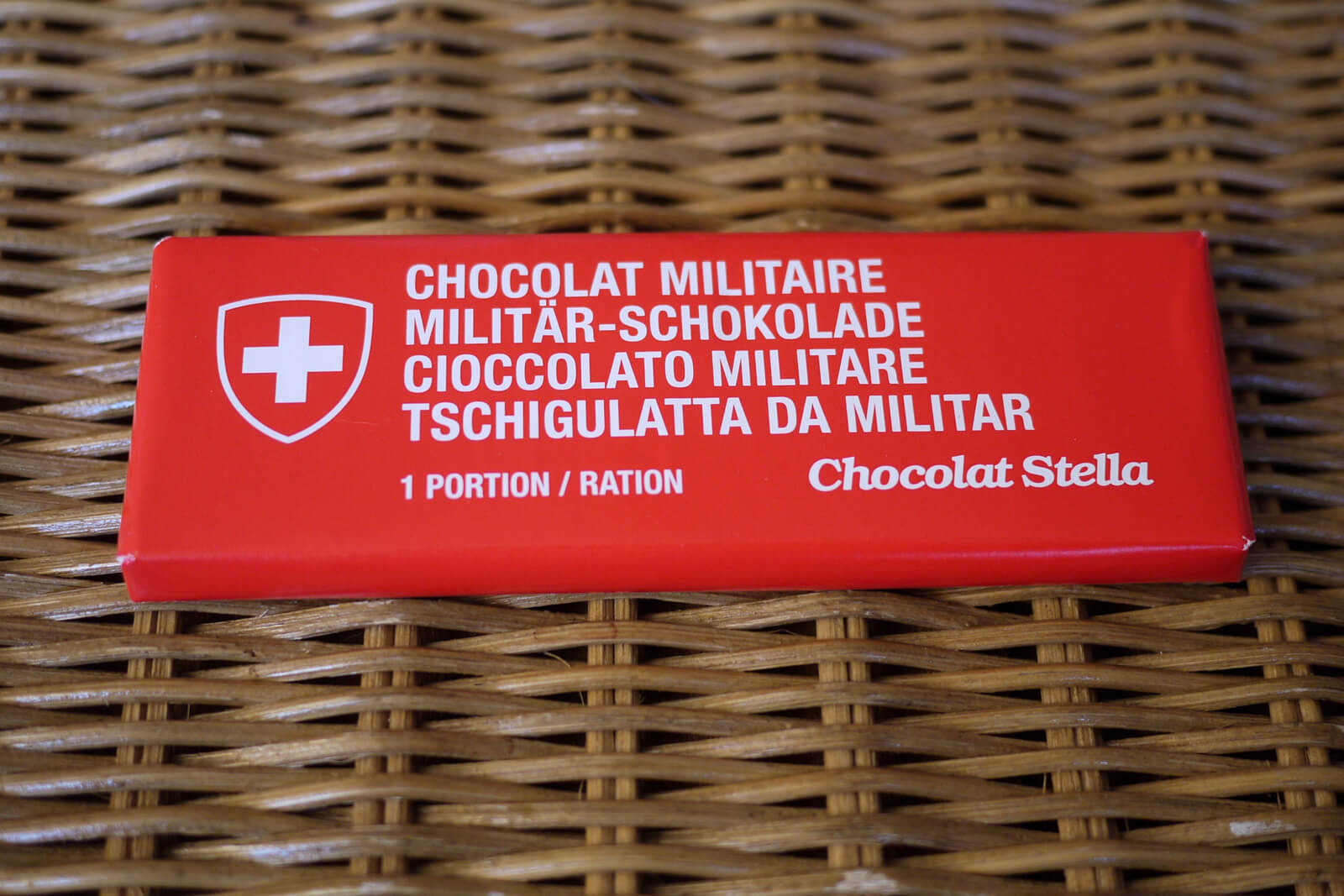
Romansh is not an official language of administration and is used more for communication within the language community. For example, Romansh speakers can receive an answer in their mother tongue when contacting the federal administration.
Despite the language variety, there are plenty of choices when it comes to media. National TV channels and local newspapers are available in all official Swiss languages, even Romansh.
German: The Most Widely Spoken Language of Switzerland
The main language spoken in Switzerland is Swiss German. Before you start bragging about your high German skills, the German spoken in Switzerland is a collection of unwritten Alemannic dialects that vary according to the region, city, valley, or even village.
Using dialects is often frowned upon in other countries in favor of a "clean" language. On the contrary, Swiss German, or Mundart, is extensively used via speech in everyday communication in Switzerland.
High German is the written language that Swiss nationals learn in school. It is used in public institutions and the media. No need to worry; any Swiss German speakers will understand your standard German. However, Schwiizerdütsch will initially sound odd to non-speakers, even to the Swiss who learn standard German as their second language.
The German-speaking part of Switzerland extends into northern, central, and eastern Switzerland, including Zürich, Bern, Basel, Luzern, Winterthur, and others.
Check out 10 essential Swiss German words and listen to how Swiss German sounds like when compared to standard German:
French: The Language of Romandie
The second most popular language in Switzerland is French. It is spoken in the western part of the country, from Geneva and Lausanne to Valais and the Jura region.
The Swiss use the anecdotal concept of Röstigraben to draw the language barrier between French and German. This imaginary border symbolizes the cultural and political differences between German and French-speaking parts of Switzerland. Supposedly, the Swiss-German dish of Rösti is only eaten on the northern side of this trench...
Swiss French used to have dialects known as the Patois. Unlike Swiss German dialects, French in Switzerland has been standardized over the centuries due to the higher social prestige of "French-French."
As a result, the French language in Romandie has fully switched to standard French. Nowadays, only about two percent of the French-speaking Swiss in some parts of Valais, Jura, and the canton of Fribourg still know this dialect. (It is mostly the elderly population.)
However, Swiss French is not without its unique characteristics. While it closely mirrors the French spoken in France, it does include some distinct expressions and vocabulary unique to Switzerland.
There have been adaptations in the Swiss-French language, such as simplified numbers. (Thank you, Swiss people, for doing that!) Instead of soixante-dix, quatre-vingts and quatre-vingt-dix (70, 80 and 90), you can use septante, huitante and nonante in Romandie.
These differences highlight a fascinating linguistic blend that balances a nod to tradition while embracing the modern, streamlined French language. Learn more about the Swiss-French language and download our free list of Swiss French words.
Italian in Switzerland
Italian is spoken in Ticino, the southern part of Switzerland that borders Italy. Also, residents of parts of canton Graubünden and the Gondo Valley in Valais speak Italian.
Major Italian-speaking cities in Switzerland are the capital of Bellinzona, Lugano, and Locarno. Most Italian-speaking Swiss use standard written and spoken Italian, yet Lombard dialects are still common in day-to-day communication.
The history of the Italian language in Switzerland is as vibrant as a Ticino piazza. Its roots date back to the 16th century, when the Swiss Confederation annexed Ticino from the Dukes of Milan. This pivotal moment brought not just new borders, but a whole new language and culture into the Swiss fold.
Ticino’s location, snuggled right against the Italian border, made it a natural gateway for Italian language and culture. Over time, Italian became the language of daily life, schools, and government. Even today, Italian is the heartbeat of Ticino, and you’ll hear it in parts of Graubünden and among Italian-speaking communities across Switzerland.
Italian is one of Switzerland’s four official languages, spoken by about 8% of the population. Its influence goes beyond numbers: federal documents, packaging, and even chocolate bars appear in Italian.
Fun fact: Swiss Italian has its own flavor, shaped by centuries of cultural blending.
Cultural Connections Between Italian-Speaking Swiss Regions and Italy
The Italian-speaking areas of Switzerland are deeply intertwined with Italian culture, creating a fascinating blend of traditions and customs. Here’s a closer look at the elements they share:
- Culinary Traditions: The cuisine mirrors the gourmet delights of Italy, featuring pasta, risotto, and a vibrant coffee culture. You’ll find locally produced wines and cheeses that complement traditional Italian flavors.
- Language and Media: The language spoken in these regions is primarily Italian, leading to a shared media landscape. Television, radio, and newspapers often cover Italian as well as local Swiss topics, fostering a sense of connection and shared identity.
- Lifestyle and Values: There’s a noticeable Italian influence in the relaxed and hospitable approach to life. Family gatherings, community festivals, and a strong appreciation for art and music are central to both cultures.
Romansh: The Smallest of the Official Languages in Switzerland
To make Switzerland's language mix even more colorful, enter Romansh. It's a distinct Rhaeto-Romanic language. (Don't mix it up with Romanian!)
Romansh is Switzerland’s smallest official language. It's spoken almost exclusively in the canton of Graubünden in eastern Switzerland.
With only about 60,000 speakers, of whom around 35,000 consider it their first language, Romansh is less widely spoken than several immigrant languages, such as Albanian, which has six times as many speakers in Switzerland.
Yet, Romansh holds profound historical significance, serving as a living link to Switzerland’s ancient past. Its roots trace back to the Roman conquest of Raetia in 15 BCE, when Vulgar Latin merged with the local Celtic and Raetic languages.
This unique blend gave rise to Romansh, which developed in the isolated Alpine valleys and preserved traces of its pre-Roman heritage in place names and vocabulary.
The language’s evolution was shaped by centuries of shifting borders, migrations, and cultural influences. Romansh once stretched much further across eastern Switzerland, but over time, German gradually replaced it in many areas.
Despite this retreat, Romansh endured in Graubünden, where five main dialects reflect the region’s rugged geography and local identities.
For the headache of some, the little language of Romansh has five different dialects called "Idioms." And some of these dialects even have related sub-dialects!
- Sursilvan
- Sutsilvan
- Surmiran
- Putèr
- Vallader
This is what the different dialects of Romansh sound like:
Romansh’s official recognition is relatively recent. It became a national language in 1938, a move partly motivated by the desire to assert Swiss multicultural identity in the face of external pressures, such as Italian nationalist claims on the region. Only in 1996 did Romansh gain full official status for federal correspondence.
The fact that the tiny language of Romansh has managed to survive since 15 B.C. is rather incredible. It has failed to be standardized, though, and the closest to a consolidated Romansh dialect is the Rumantsch Grischun.
The preservation of Romansh is supported by community efforts, educational programs, and federal recognition, ensuring that this ancient language continues to echo through the valleys and villages of Graubünden.
Languages of the Foreign Population in Switzerland
Finally, let's not forget that about a quarter of the residents in Switzerland are foreigners - one of the highest numbers among European countries.
English (5.8 percent) and Portuguese (3.6 percent) are the largest language groups spoken besides Switzerland's national languages. Serbo-Croatian (2.3 percent) and Spanish (2.3 percent) are also common.
What Languages Do You Speak, Dear Readers?
Now that I have unveiled the myth of the official language in Switzerland, I hope this helps avoid some “Do you speak Swiss?” questions. You would not want to tick off the residents of this multilingual alpine nation accidentally...

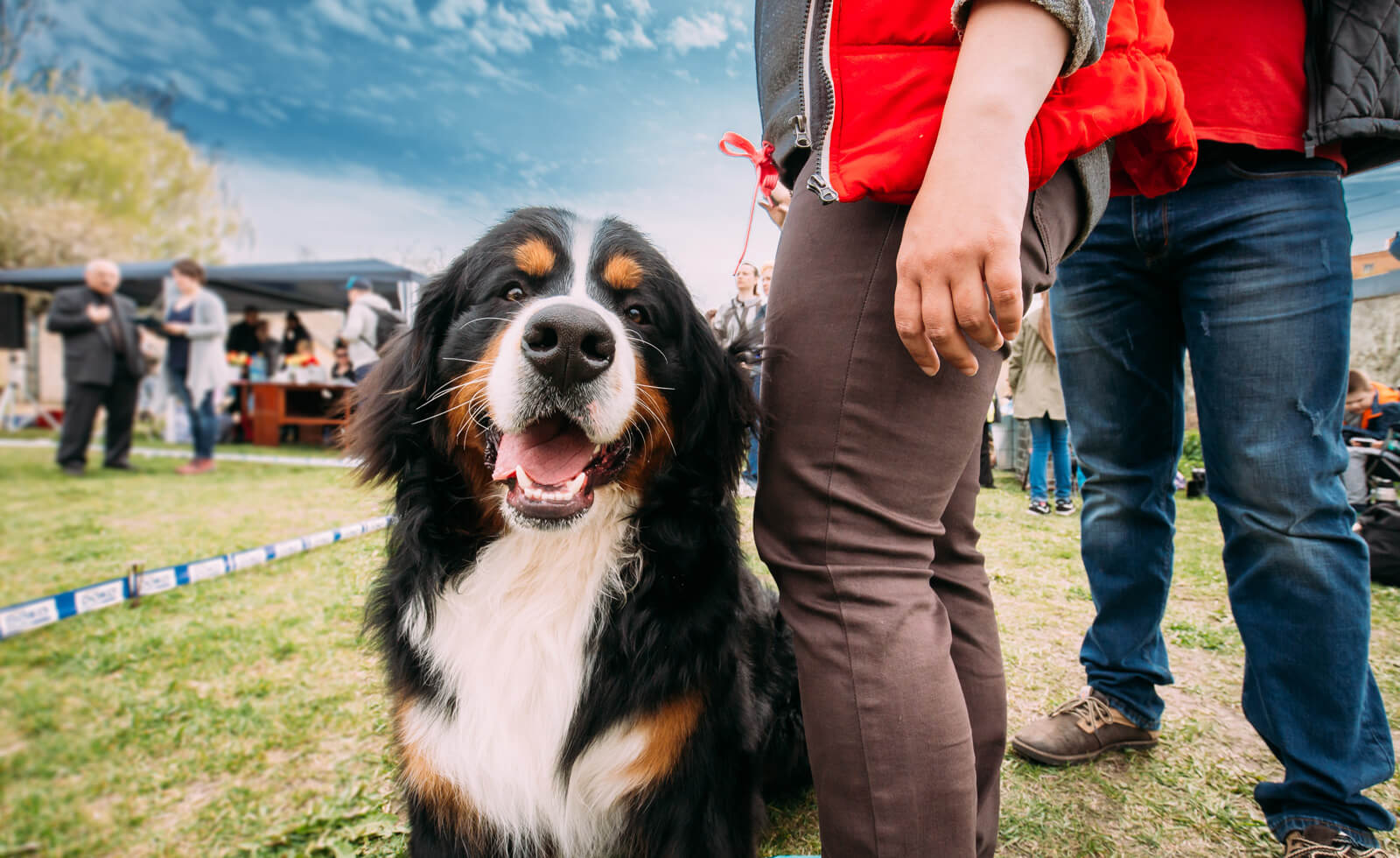
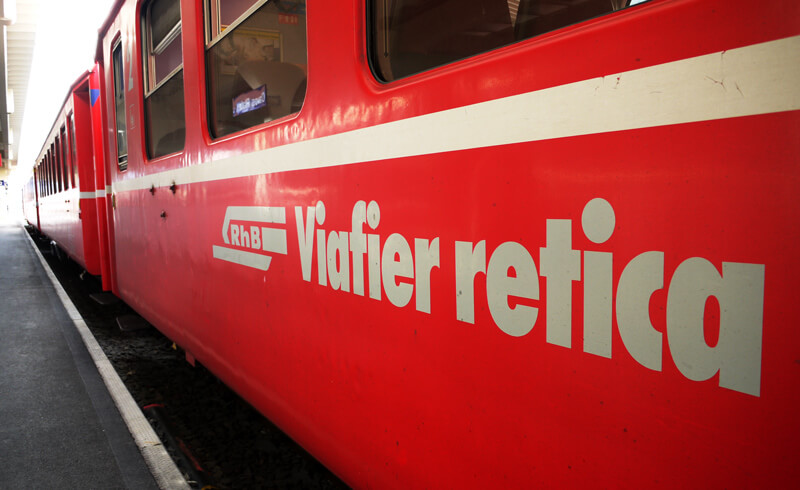
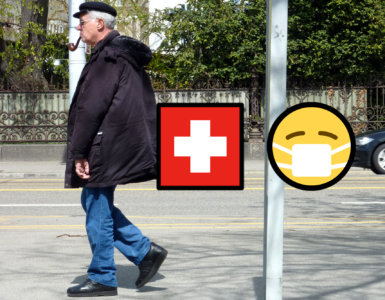
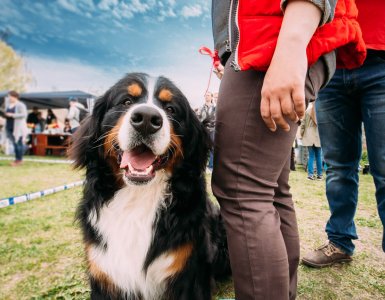
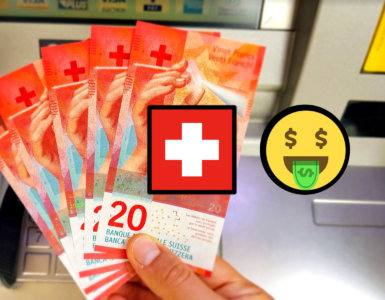

Thank you for the interesting and well-written article.
I think some additional information is required regarding this statement: “Romansh is spoken exclusively in the canton of Graubünden in the eastern part of Switzerland.” – In actual fact, nowadays 40% of the Romansh speakers reside outside of the traditionally Romansh-speaking areas, many of them outside of Grisons. They are the so-called ‘Romansh diaspora’.